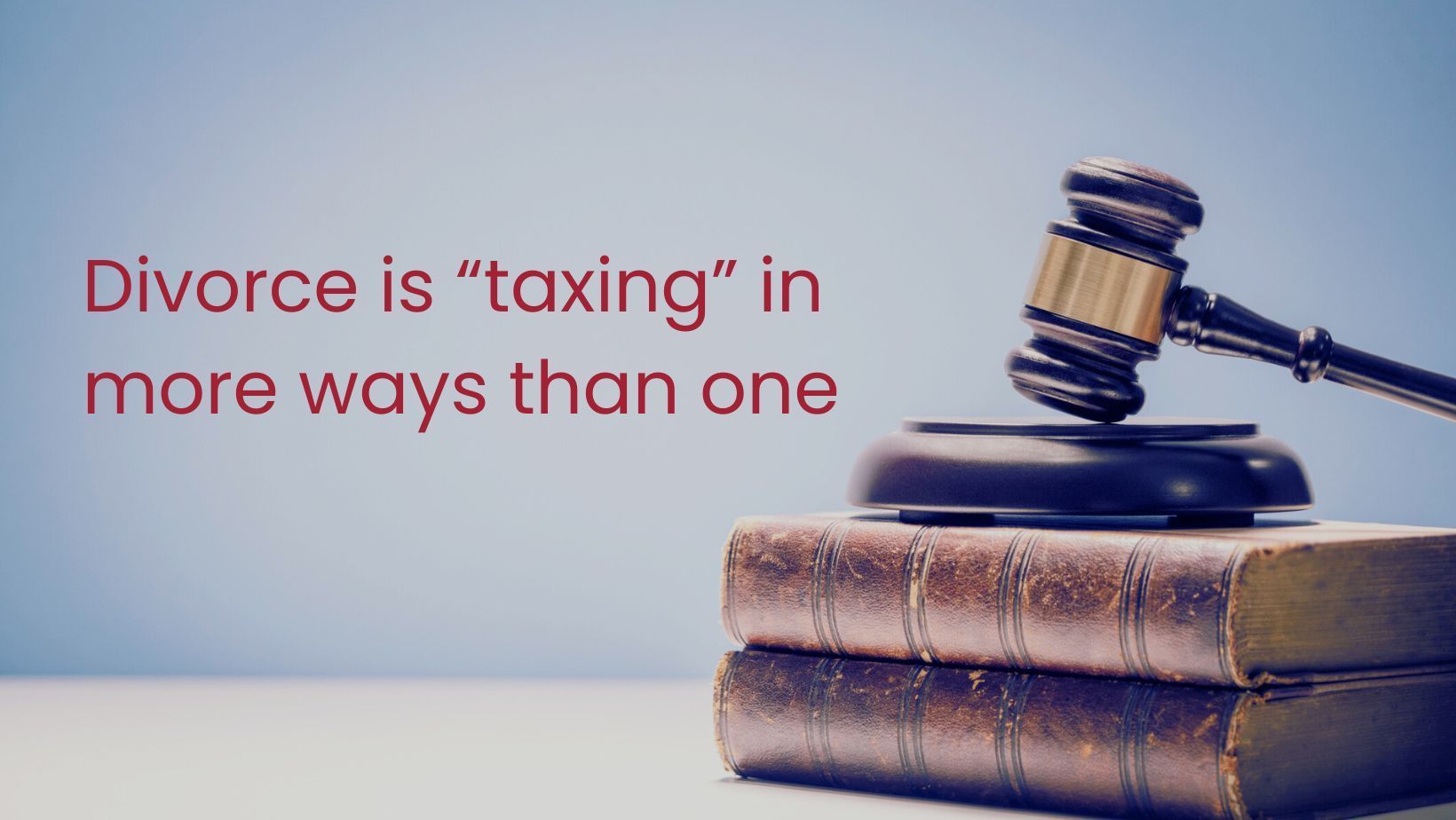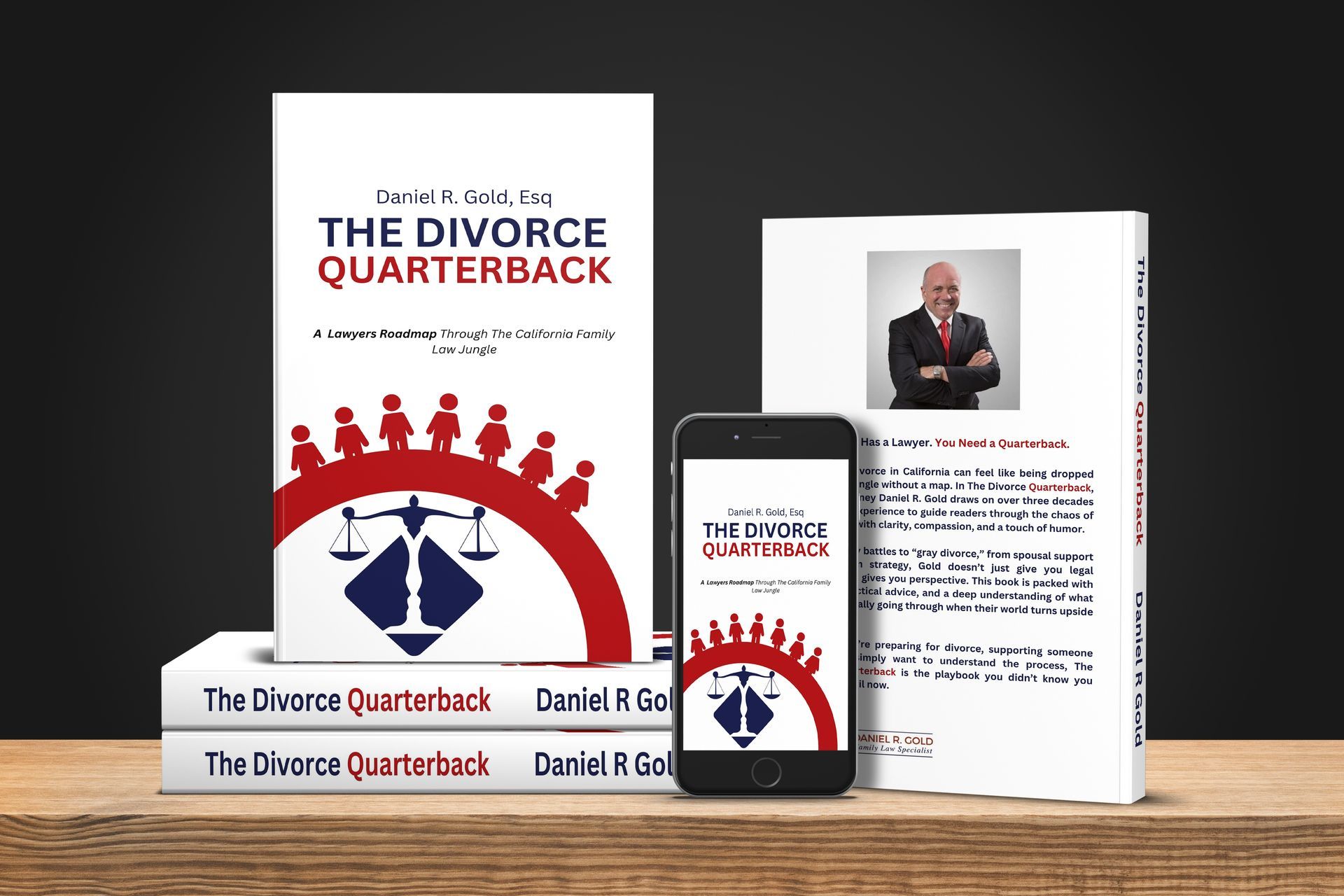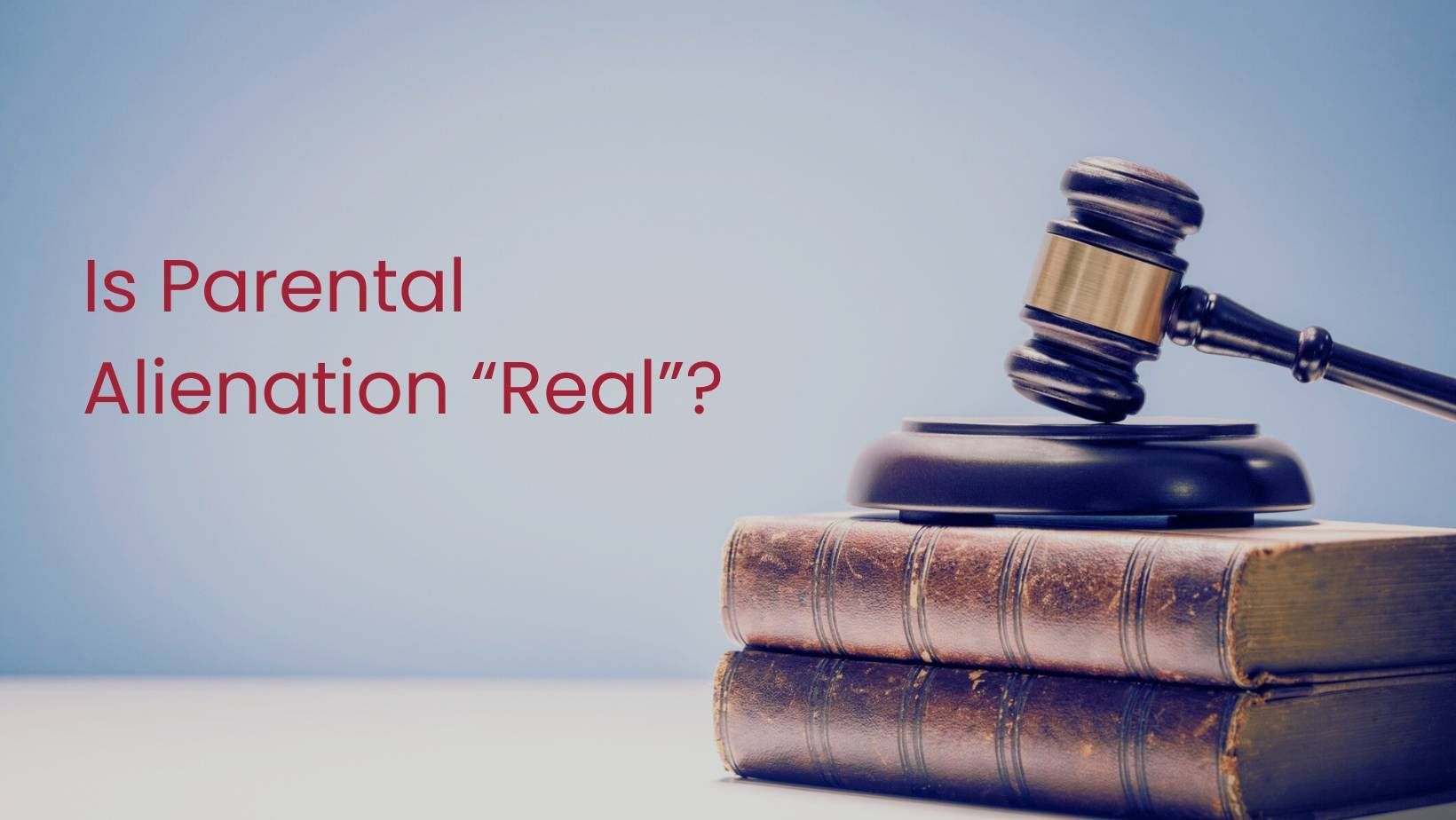In California, THERE IS NO
“COMMON
LAW MARRIAGE”! There I got that out of the way.
I meet many people who have been in long-term relationships, and live together, but have opted, for a variety of reasons not to get married. Many, if not all, have come to believe that if they cohabit long enough, they will have a common law marriage. They are slightly misinformed.
My answer/statement above, is admittedly, a bit simplistic. It is true that some states do recognize
“common
law” marriage. It is also true that California will recognize the validity of common law marriages if they
“are
valid under the law of the jurisdiction
(state
or country) where contracted”. For example, if you have a
“common
law” marriage in Iowa
(which
allows residents to be considered
“married”
after a certain time), California will recognize it.
In California, we use the term
“cohabitation”
fka
“living
in sin”.
Cohabitation is becoming increasingly common.
M
any cohabitating couples
, as my example above notes,
are unaware of the legal implications of their living arrangements. Understanding cohabitation issues is crucial to protect your rights and interests.
What is Cohabitation?
Cohabitation
in its current vernacular
refers to a couple living together in a long-term relationship that resembles a marriage
,
but without the formalities of a legal marriage. While cohabitation can offer flexibility and convenience, it also presents unique legal challenges, especially when it comes to property, finances, and custody issues.
Legal Implications of Cohabitation
Unlike married couples, cohabitating partners do not have the same legal rights and protections under California law. Here are some key areas where cohabitation and marriage differ:
Property Rights
In California, community property laws apply to married couples, meaning that property acquired during the marriage is considered jointly owned. However, for cohabitating couples, each partner retains ownership of property acquired individually unless there is a
n
agreement stating otherwise.
Financial Responsibilities
Cohabitating partners are not legally obligated to support each other financially, unlike spouses. This means that in the event of a breakup, there is no legal requirement for one partner to provide financial support to the other, unless there is an agreement in place.
That agreement must demonstrate the parties had some sort of understanding that they were
“pooling”
resources and chose to live together as a direct reliance on that agreement. These have been referred to commonly as
“Marvin”
rights in reference to a famous California Supreme Court case in this area.
Custody and Child Support
If cohabitating partners have children, they have the same parental rights and responsibilities as married parents. Both parents are obligated to support their children, and custody and visitation arrangements are determined based on the child's best interests.
Some of that will be covered in a subsequent post.
Creating a Cohabitation Agreement
To protect your rights and clarify financial and property arrangements, you should consider creating and executing a cohabitation agreement before the moving truck shows up. This legal document outlines each partner's rights and responsibilities, similar to a prenuptial agreement for married couples. It also firmly declares, if the parties wish, that neither
party will have “Marvin” rights
Key Components of a Cohabitation Agreement
- Property Division
: Specify how property and assets will be divided in the event of a breakup.
- Financial Contributions
: Outline each partner's financial responsibilities, including rent, mortgage, utilities, and other expenses.
- Debt Management
: Detail how debts will be managed and who will be responsible for specific debts.
- Support Agreements
: Include provisions for financial support if one partner is financially dependent on the other and/or confirm neither party has or will have financial obligations to the other if the relationship ends.
- Custody and Support
: If you have children, outline custody and support arrangements to ensure the child's best interests are prioritized.
Steps to Take if You’re Cohabiting
- Consult a Lawyer
: Working with a family law attorney can help you understand your rights and ensure that your cohabitation agreement is legally sound and enforceable.
- Document Your Agreement
: Put your cohabitation agreement in writing and ensure both parties sign it. Keep copies for your records.
- Update Your Agreement
: As your relationship and circumstances change, update your cohabitation agreement to reflect new realities.
- Consider Estate Planning
: Cohabitating couples should also consider estate planning to ensure that their wishes are respected in the event of death or incapacity.
Conclusion
Understanding the legal implications of cohabitation and creating a cohabitation agreement can provide clarity and protection for both partners. If you’re living with your partner and want to safeguard your rights and interests, contact me for personalized advice and assistance.
Call:
949-756-0684
Email:
dgold@tldlaw.com
Disclaimer
This information outlines a few of the concepts that surround cohabitation issues in the State of California. It is not intended to be, nor should it be construed as legal advice for any particular situation. Please seek advice from TLD Law or your personal attorney in your state or jurisdiction.











